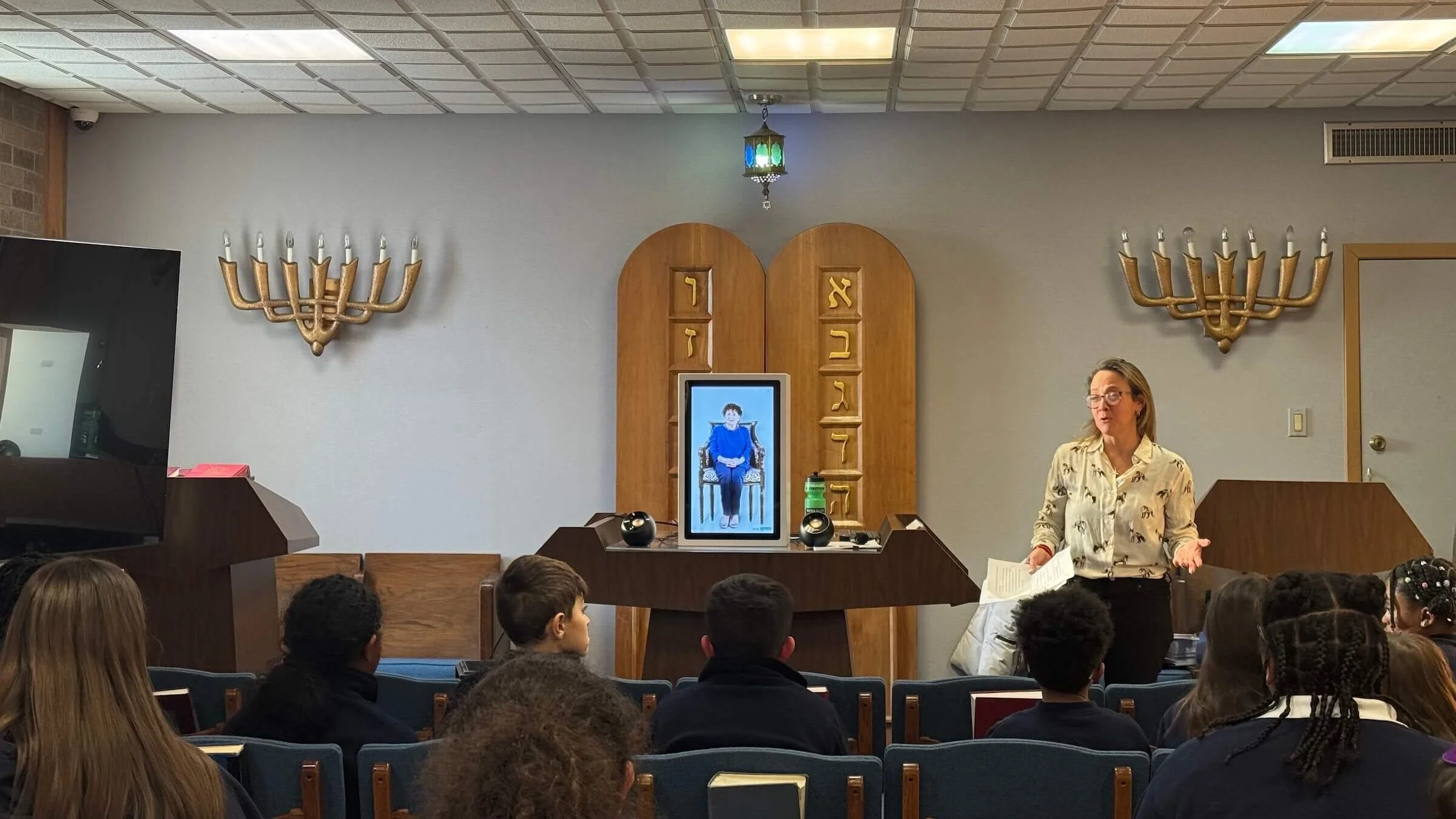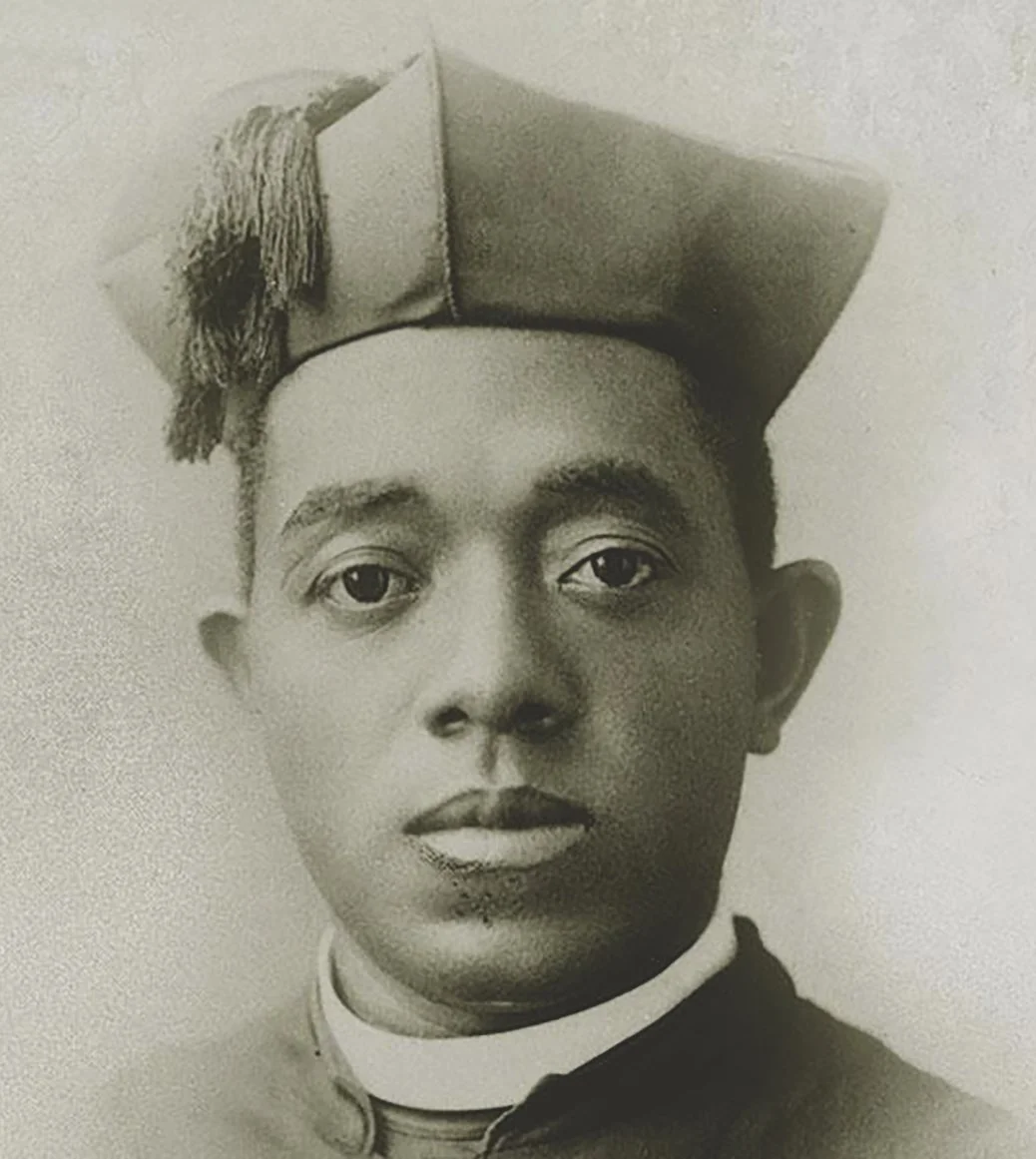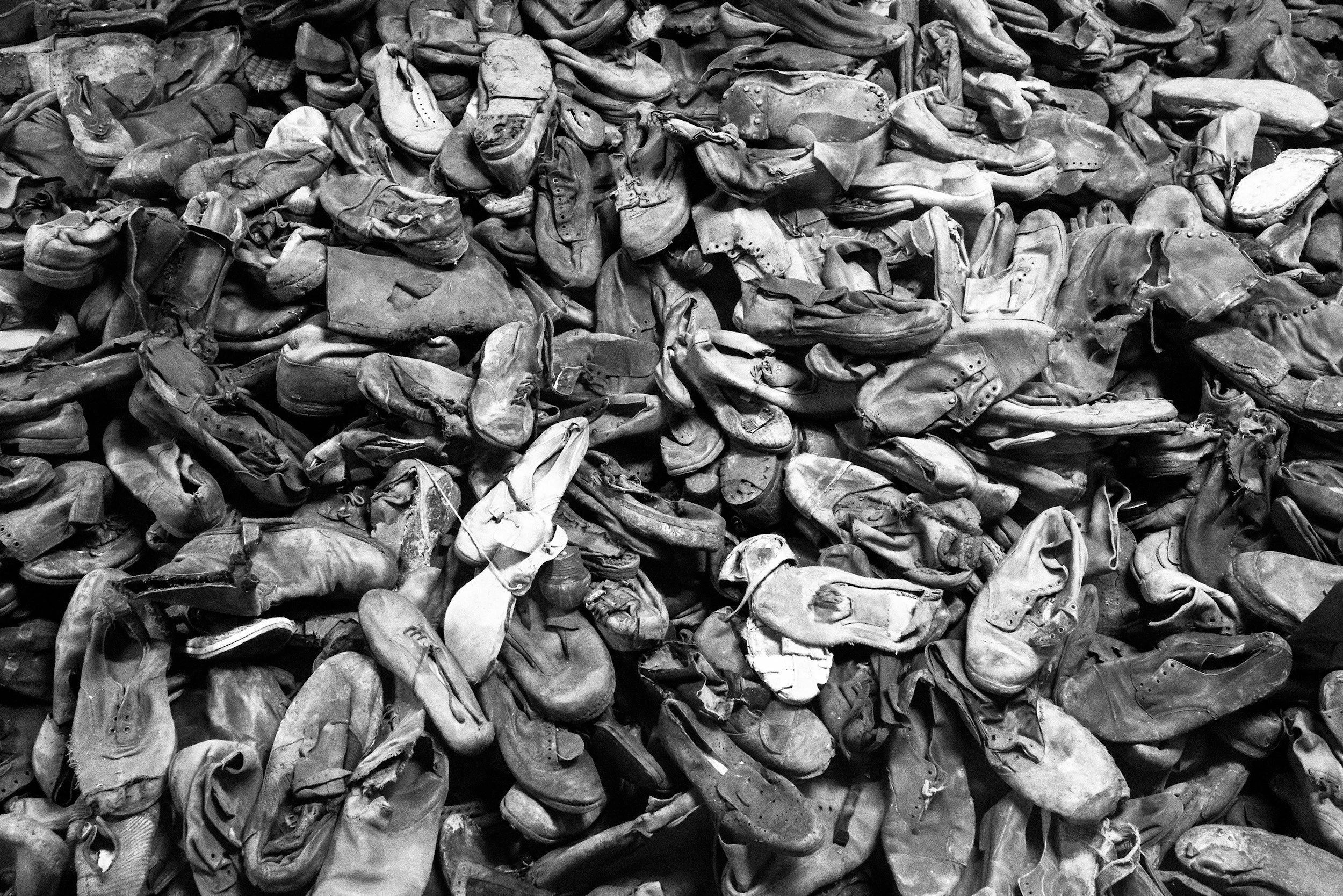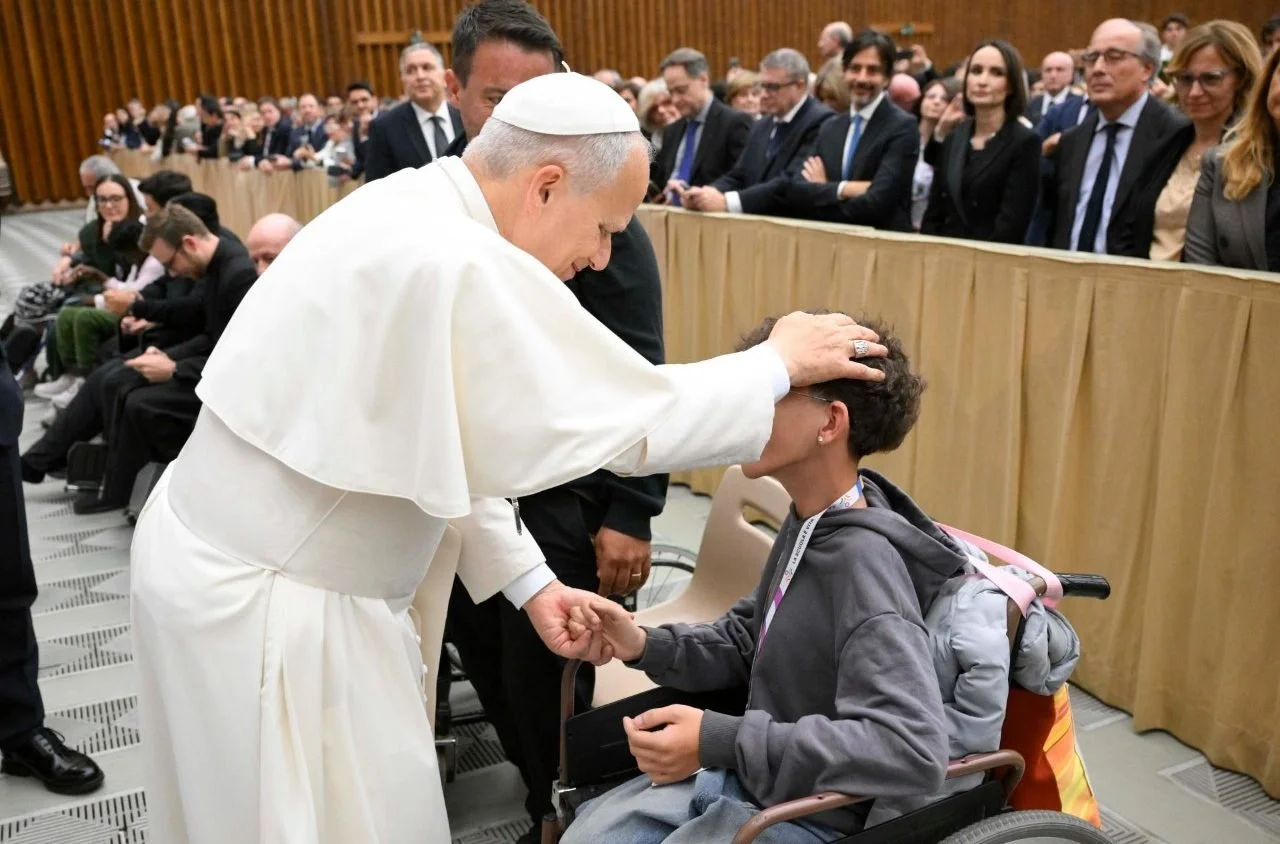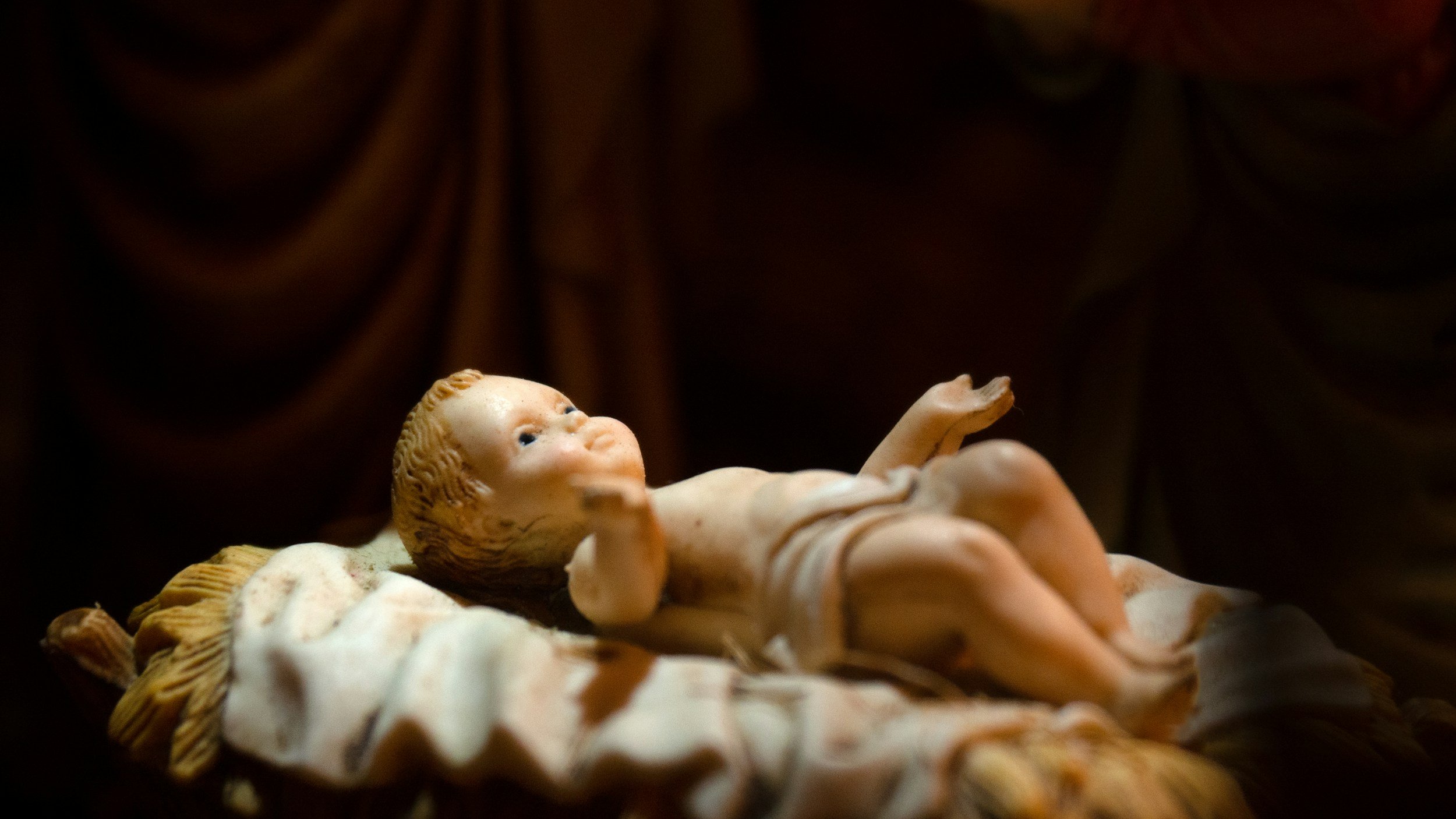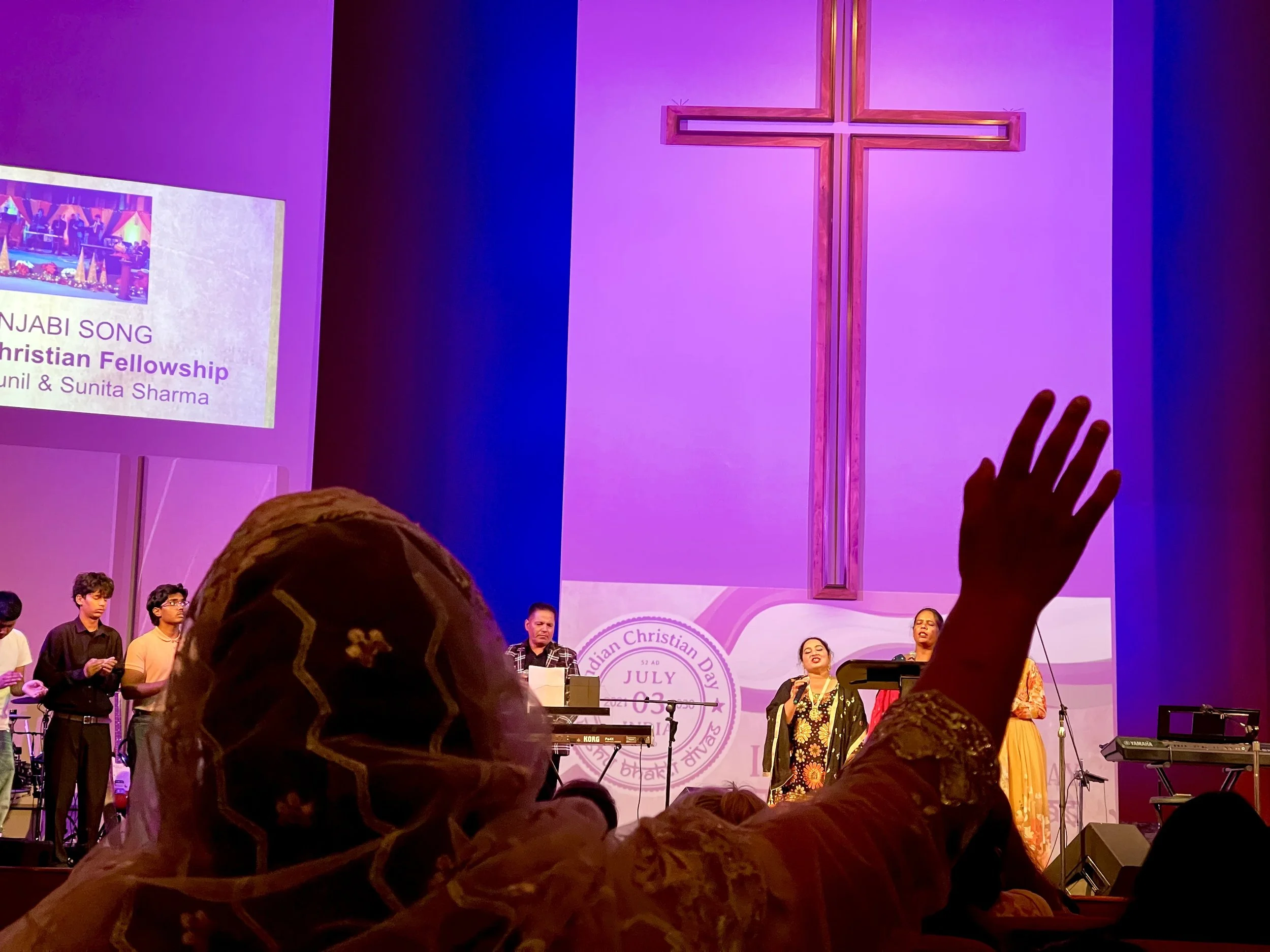As Holocaust survivors age, organizations are turning to AI-powered avatars to preserve their testimony. An interactive version of survivor Sonia Warshawski, created with StoryFile, allows students to ask questions about her life and experiences. Supporters call it the future of Holocaust education, while critics question its ethical and emotional limits.
Read MoreBorn enslaved, rejected by U.S. seminaries and ordained in Rome, Augustus Tolton became the first publicly recognized Black Catholic priest in America. His life exposes the Church’s history of racial exclusion while offering a powerful example of perseverance, faith, and legacy — one now recognized in his path toward sainthood.
Read More(ANALYSIS) Nothing will ever truly replace the voices of the survivors, but I believe teachers and communities can carry on his work by making history feel local and personal. As everything around us seems to show each day, little could be more important than the lessons of these people, their sources and the Holocaust.
Read More(ANALYSIS) Ironically, 2025 was a turbulent year the world over. After so much military aggression in Ukraine, rampant starvation in Gaza and increasing violence of all kinds within the United States, people in many parts of the world were left much more despairing than hopeful for 2026.
Read More(ANALYSIS) Manger scenes displayed at Christmas usually feature an ox and an ass beside the infant Jesus. According to the Gospel of Luke, Mary placed her child in a manger “because there was no room for them in the inn.” No mere babysitters, the ox and ass harken back to the Book of Isaiah 1:3, which early Christians interpreted as a prophecy of the birth of Christ.
Read More(REVIEW) This makes film’s presentation feel extremely — for lack of a better word — basic. The movie, however, never figures out exactly which of these threads it wants to follow. Is it about the trials? The nature of evil and whether the Nazis were unique or not? Is it trying to educate viewers about Holocaust history, or say something new about it?
Read MoreIt’s been occupied twice by military forces; it’s been expanded to house Franciscan friars, and these days, it’s part museum, part sacred space. The Church of San Francisco’s building tells the history of its host city, La Paz. Founded in 1549, the church is best known by the name of the founder of the Franciscans, which was one of the first orders to arrive with the Spanish conquerors.
Read More(ANALYSIS) As Charleston demonstrates, these projects are not only about preserving the past – they are acts of recognition, respect and reconciliation, helping communities nationwide confront and honor the histories long denied to African-descended peoples.
Read More(ANALYSIS) The question of whether Christianity is under attack, especially in the United States, is a complex and deeply polarizing one. Is it discrimination? Is it part of an overall decline? Is it a cultural shift? It could very well be a combination of all three.
Read MoreDead Sea Scroll fragments and hundreds of other artifacts will be on display starting Nov. 22 at the Museum of the Bible’s “Dead Sea Scrolls: The Exhibition,” brought in partnership with the Israel Antiquities Authority.
Read MoreThe Vistula, Poland’s longest river, snakes 650 miles north from the Tatras Mountains past Krakow and Warsaw to the Gulf of Gdańsk, where it empties into the Baltic Sea. Upstream from the capital, the river flows past Góra Kalwaria, a place the country’s Catholics revere as Nowa Jerozolima (or “New Jerusalem”).
Read MoreIn a country known for its spices, yoga, the Taj Mahal and Hinduism, a movement is taking place to show the world that Christianity came to India as early as the first century CE. Indian Christians believe their history and heritage can be traced back to Saint Thomas the Apostle.
Read MoreThe roots of Ferragosto date back over 2,000 years to ancient Rome. The name itself is derived from the Latin phrase Feriae Augusti, meaning “Festivals of Augustus” — a holiday instituted in 18 BCE by Emperor Augustus. It later became a Christian holiday and is celebrated throughout Italy to this day.
Read More(ESSAY) On Aug. 9, 1945, the U.S. dropped a bomb called “Fat Man” on Urakami, Japan, the most Christian suburb of the most Christian city in Japan: Nagasaki. It is the forgotten bomb, the silent bomb. Hiroshima, being the city where the first nuclear bomb, less powerful than the Nagasaki bomb was detonated, is the atomic bombing that all peace movements acclaim: “No more Hiroshimas!”
Read More(ANALYSIS) Strolling through the streets of Bishkek, Kyrgyzstan, one easily gets the impression of walking through multiple cities at once.
Read MoreIn the second installment of “And So It Goes,” HBO’s new two-part documentary about Billy Joel, the Piano Man explains why he wore a yellow Star of David in August 2017, during his residency at Madison Square Garden, in his most extensive filmed account of his family’s experience in the Holocaust. “No matter what, I will always be a Jew,” he said.
Read More(ANALYSIS) One hundred years ago this month, Americans were transfixed as a Tennessee courtroom hosted challenge to the state’s new law barring “the teaching of the Evolution Theory” in public schools, including colleges. The prohibition covered “any theory that denies the story of the Divine Creation of man as taught in the Bible.
Read MoreAt a time when the Trump administration has renewed a travel ban on various Muslim majority countries in Africa and across the Middle East, the Quran owned by John Adams is but one indication that our nation’s founders regarded Islam — as well as other, non-Western, non-Christian faiths — as worthy of respect and protection under the law.
Read MoreJames Weldon Johnson’s poem “Lift Every Voice and Sing,” set to music by his brother John Rosamond, was first presented as a hymn, then adopted as a song and soon cherished as an anthem. In its 125th anniversary year, the work — published in numerous hymnals — is seen as a healing balm with timely biblical and theological elements for a deeply divided United States.
Read More(REVIEW) In 1838, American clergymen Edward Robinson and Eli Smith began a Bible-guided survey of the Holy Land, producing a landmark archaeological record. Allan Chapman’s new book traces how 19th-century explorers and missionaries — from pyramid-measuring mystic Charles Piazzi Smyth to Ur excavator Sir Leonard Woolley — sought evidence for Biblical truth.
Read More
